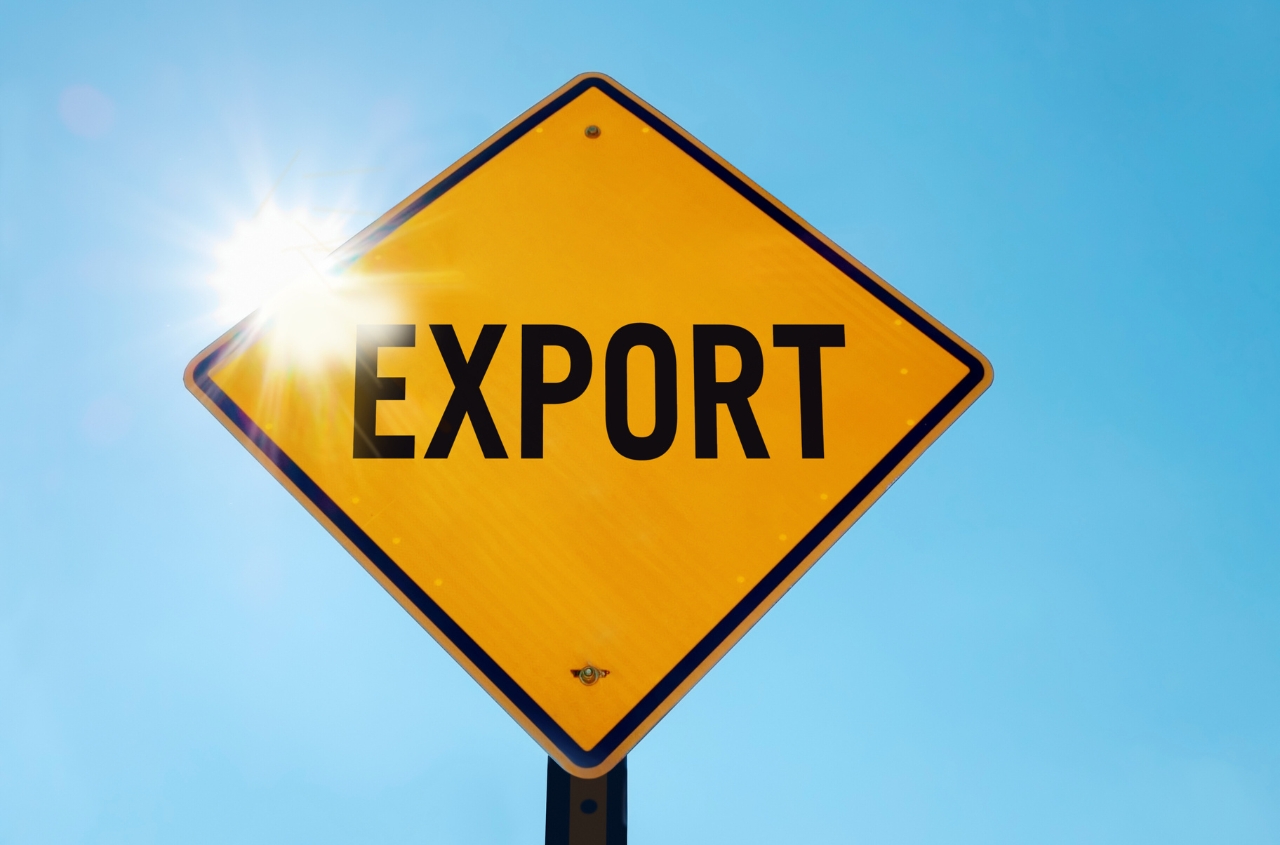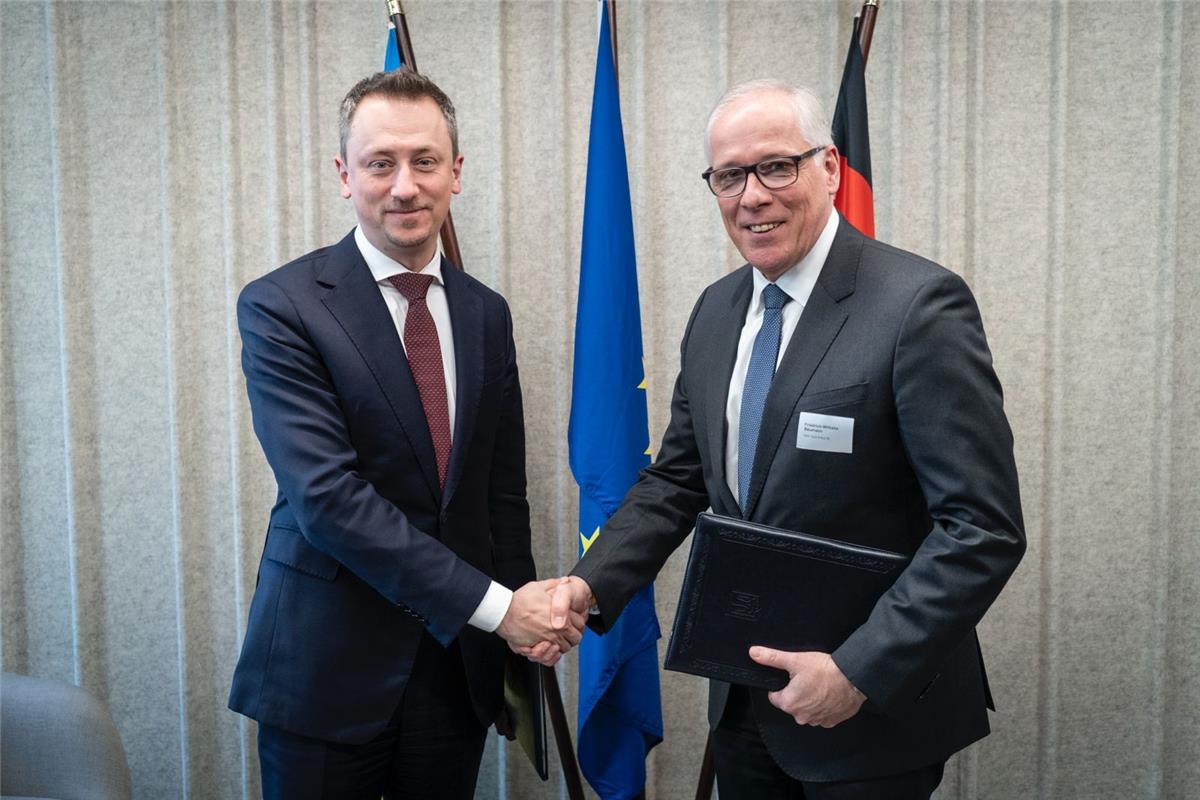Ukraine and the United Arab Emirates (UAE) have signed a Comprehensive Economic Partnership Agreement. The signing took place on February 17 in Abu Dhabi, with the participation of Ukrainian President Volodymyr Zelenskyy. The agreement was signed on behalf of Ukraine by First Deputy Prime Minister – Minister of Economy of Ukraine Yuliia Svyrydenko, and on behalf of the UAE by Minister of State for Foreign Trade Thani bin Ahmed Al Zeyoudi. This is Ukraine’s first-ever agreement with a Gulf country.
Trade and Investment Liberalization
The agreement establishes free trade between Ukraine and the UAE and grants both countries greater market access for goods. As a result, 99% of Ukrainian goods will receive full access to the UAE market.
“This is a historic event, as it marks the first such agreement in the most economically advanced region of the Middle East. It extends beyond just the UAE to the entire Gulf region. This is not merely an agreement between two countries—it is an entry into the global market, given that the UAE is a major economic, trade, and financial hub in the Middle East. The agreement, which covers virtually the entire range of goods exchanged between our countries, will boost Ukrainian production and exports by eliminating tariff barriers,” said Yuliia Svyrydenko.
According to estimates by the Ministry of Economy, the agreement could help maintain Ukraine’s positive trade balance, which stood at $51.5 million in 2023. In the medium- to long-term, it is expected to contribute to a 0.1% shift in Ukraine’s real GDP growth trajectory.
New Opportunities for Business
The agreement covers not only trade in goods but also services, investments, and the digital economy.
Ukrainian companies will benefit from:
- Easier access to UAE and regional markets;
- More predictable trade conditions;
- Elimination of export and investment barriers.
Ukrainian exports are expected to grow in key sectors such as metallurgy and food processing, particularly flour milling and oil production. Increased exports of metals and vegetable oil are also anticipated.
According to Yuliia Svyrydenko, the agreement is mutually beneficial for both countries. Ukraine and the UAE are competitive in different sectors, allowing them to complement each other’s trade flows and strengthen their economies.
Additionally, both sides agreed to establish a Ukraine-UAE Investment Council to attract more capital and remove business barriers. A Committee on Small and Medium Enterprises (SMEs) will also be set up to support entrepreneurs through training and advisory services.
The UAE has lifted its 49% foreign capital ownership limit for Ukraine, allowing businesses to register companies with up to 70% foreign capital, and in certain sectors—such as commercial services, construction, education, healthcare, and accounting—this share could gradually increase to 100%. Furthermore, Ukrainian businesses operating in free economic zones will be allowed 100% ownership, which is a significant step for expanding Ukrainian enterprises in the region.
The agreement also unlocks new opportunities in digital trade by eliminating duties on digital and electronic data transfers, including e-content. It guarantees commitments on digital payments, data protection, and transparent business regulations, fostering growth in the digital economy and cross-border trade.
“Strengthening cooperation in trade, investments, technological innovation, and infrastructure will provide a powerful boost to Ukraine’s economy and enhance political ties,” concluded Yuliia Svyrydenko.
Reference Data
Over the first 11 months of 2024, trade turnover between Ukraine and the UAE reached $415 million. Ukrainian exports to the UAE amounted to $266.8 million, while imports from the UAE stood at $148.2 million.
Key Ukrainian exports to the UAE:
- Oils and fats – $48.6 million
- Meat and edible offal – $45 million
- Cereal crops – $15.3 million
- Metal products – $13.6 million
Key imports from the UAE:
- Mineral fuels – $69.9 million
- Storage devices – $16.8 million
- Chemical compounds – $11.5 million
- Polymer materials – $9.0 million





















